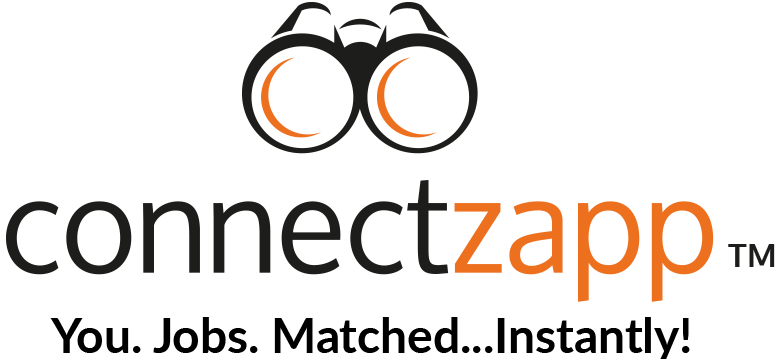Job Interview Question – What Is Your Greatest Weakness?
Hello… this is Mark from Connectzapp.
In this video I’ll show you how to answer when an employer asks you…
What is your greatest weakness?
Like most interview questions this may seem like an easy question to answer,
But to answer so you have the best chance of the employer being impressed with what you tell them, you need to be aware of what the employer is ACTUALLY asking and give them the answer they’re looking for.
So let’s look at how best to answer it.
When an interviewer asks you this question they’re fishing to find out how qualified you are to do the job.
They’re looking for indicators that show you’re able to learn on the job and are able to handle challenges in the role.
So your answer to this question is a great opportunity for you to show the employer how flexible you are and how you can learn on the job and take on challenges head on.
First up, give yourself the best opportunity to be sitting in front of an employer who is interested in you, your experience and your ability to perform in the role.
The way to do that is to use Connectzapp to find your next job.
When you enter the details of the role you’re after, you’re given a list of the roles you’re matched to ranked with the best match at the top.
You then swipe through the roles, chose the ones you’re most interested in and contact those employers direct.
The best part is that the employers you contact also know you’re a great match for the role, so you’re already half way there to securing the role.
Now…
Once you’re sitting in front an interviewer and they ask you what you’re greatest weakness is, there are 3 ways you can answer this-
The first is to mention a skill that’s not important to the role as your weakness.
For example, if you’re applying for an accounting role, you might mention that you’re not good at speaking in front of large groups.
Then in the same sentence reinforce that you’re very strong in the most important skills required for the role.
So for the accounting role example, you might reinforce that you’re very skilled at speaking to clients in a one on one basis so they feel you and the firm have their accounts in order, know how to save them the maximum amount of money on their taxes and you have their best interests firmly in mind.
By answering the question this way you’ve reinforced with the employer that you have the skills and strengths they most value for the role.
The second is to mention the skills you have improved on.
This shows the interviewer that you’re committed to self-improvement.
Talk about a skill that you’re working on improving.
Again this shouldn’t be a skill that’s critical to the role you’re applying for.
It should be a peripheral skill that doesn’t really matter to the role.
By answering the question in this way you’re showing the employer that you’re willing and able to improve on the job.
The third is to turn a potential negative into a positive.
For example, you could mention that you have great attention to detail and like everything to be correct before moving onto the next task.
For an employer this could mean that you’re a perfectionist who could potentially get bogged down in the detail and miss the bigger picture for the role and not get the job done.
So turn this into a positive by talking about how you recognize you like things to be correct however you don’t take it to the extreme. You check your work and then move onto the next task in a timely manner so you complete all required tasks within the allotted time frame.
So again,
Preparation is the key.
Think about how you’ll respond to this question if you’re asked it
Make some bullet point notes then keep them in mind when you’re in the interview so you can answer the question if you’re asked.
Or if you don’t get asked it, you’ll still able to weave the answers into the conversation with the employer when you think it will boost your chances of impressing them.
Remember…
Frame your answers to questions with the employer in mind by asking yourself what the employer wants to hear in relation to the role.
And finally, any weaknesses you mention in answering this question should NEVER be a personality trait.
For example, you should never suggest that you tend to talk too much and are working on toning it down in the workplace!
Suggesting a personality trait as a weakness is a red flag for an employer, so be careful not to do it.
So think about the peripheral skills for the role you can use as your weakness.
Then turn that skill into a positive and you’ll be well on your way to impressing the employer with your response!
And lastly,
Like this video and subscribe for the best advice on securing the job you’ve always wanted.
Good luck with your job hunting!




